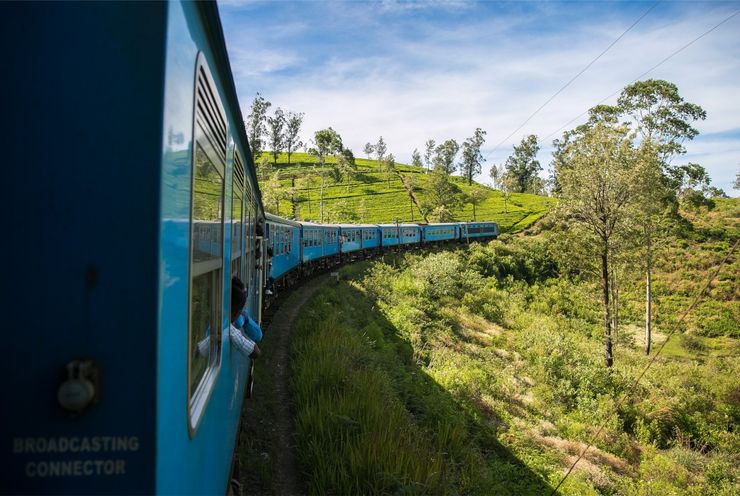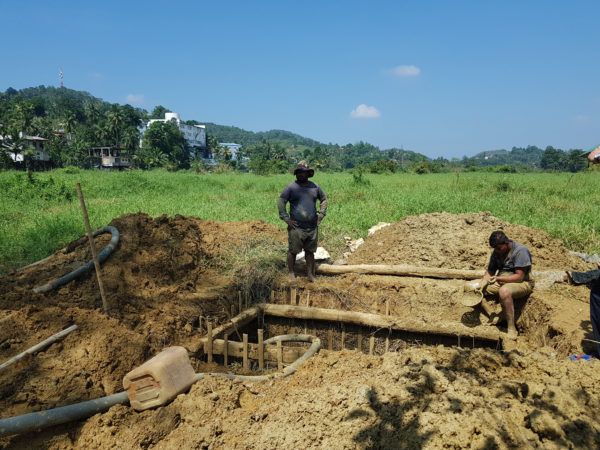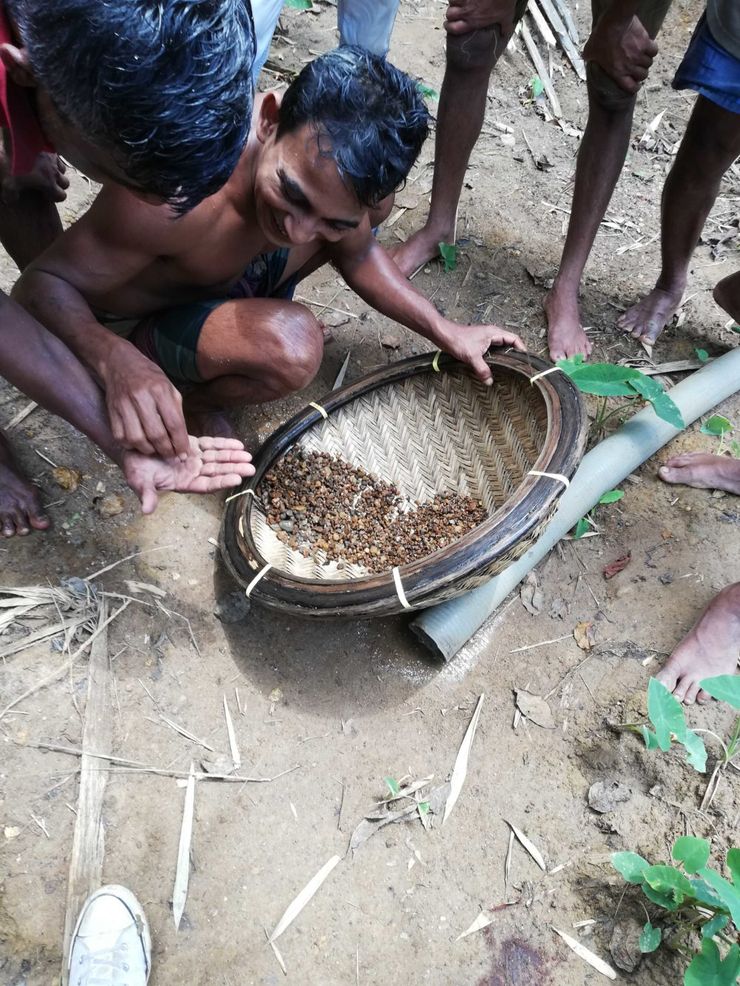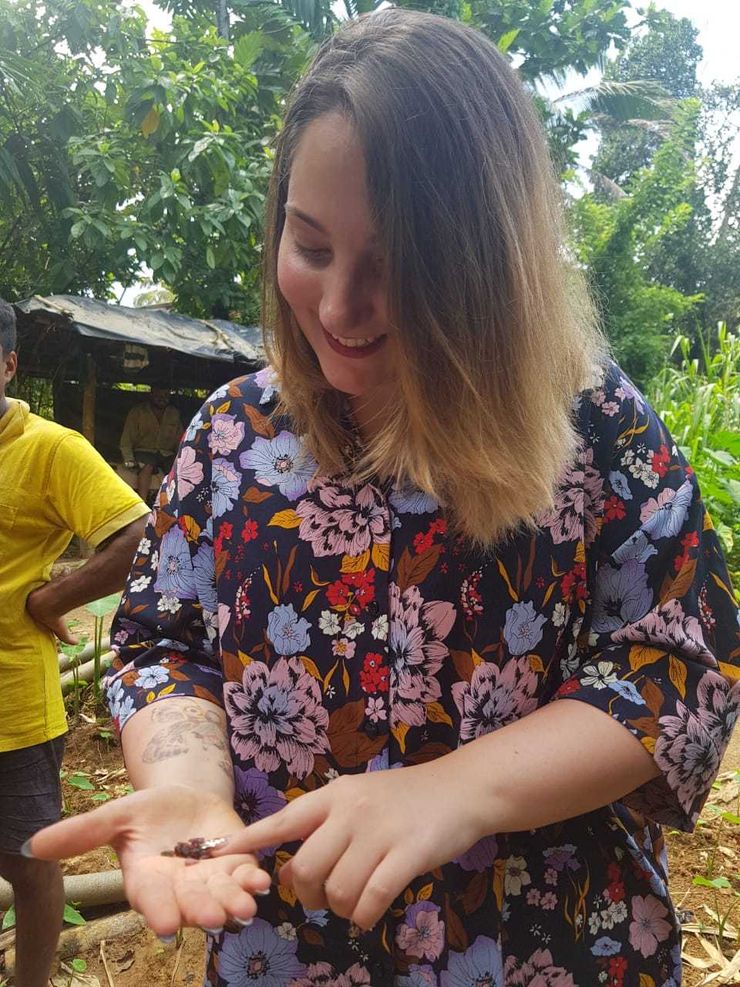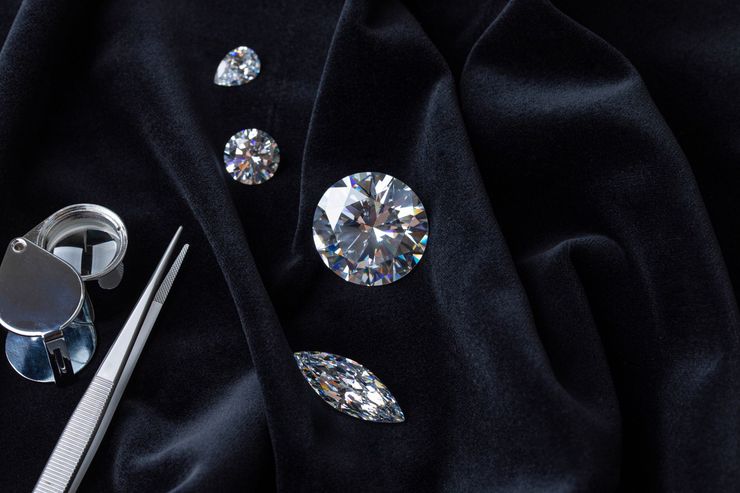In the city of , there are many vendors selling rough stones, and streets of cutters and polishers. If a customer would like a fancy cut for their , this is when we would contact an exporter such as Maneesha to procure rough gemstones to be custom-cut to fit exact specifications. Once the has been agreed upon, the sapphires are shipped internationally from Colombo three times a week.
Sapphires can be found in various locations around the world, but Sri Lanka is famous for producing high quality, rich . When we need to search for a unique, particular , our company looks to Sri Lankan traders and dealers. Not only does the Sri Lankan industry offer a great variety of colours in sapphires, the industry is small and local, offering direct contact with the mines and traders where we’re assured of the provenance and quality of the gemstones. Look to The Mineral and Kingdom for a wealth of guidance and education on sapphires and other precious gemstones.

